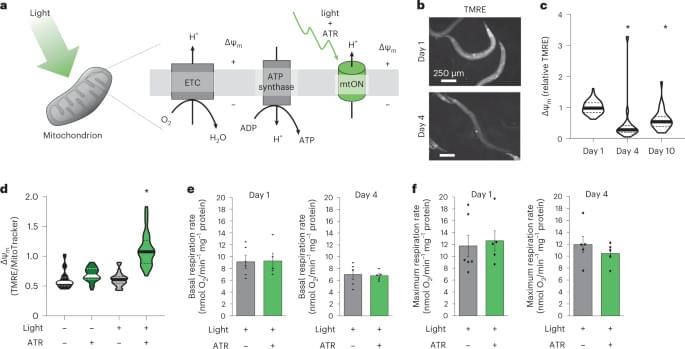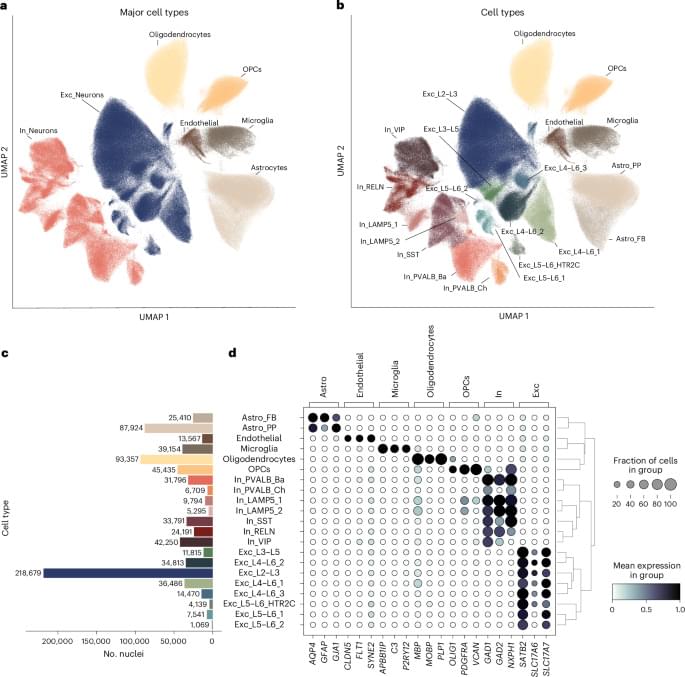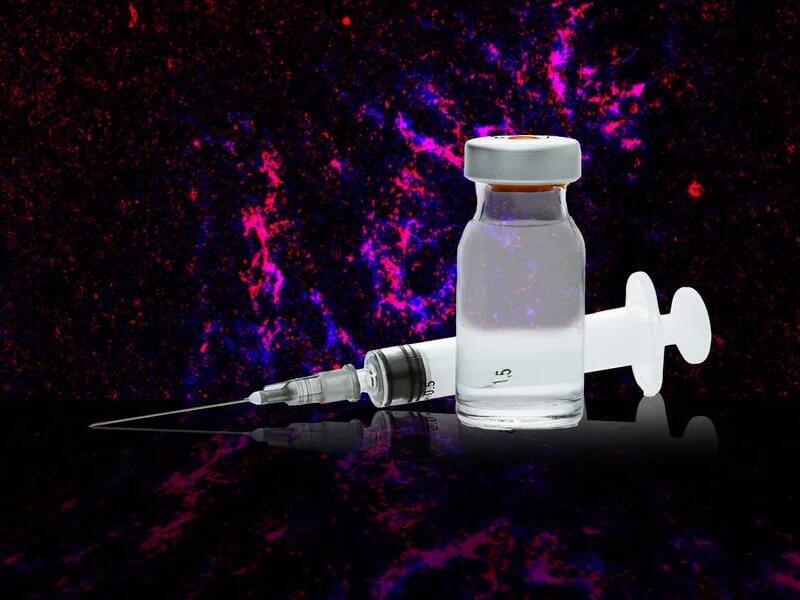
When we need to recharge, we might take a vacation or relax at the spa. But what if we could recharge at the cellular level, fighting against aging and disease with the microscopic building blocks that make up the human body?
The ability to recharge cells diminishes as humans age or face diseases. Mitochondria, often called the powerhouse of the cell, are central to energy production. When mitochondrial function declines, it leads to fatigue, tissue degeneration, and accelerated aging. Activities that once required minimal recovery now take far longer, highlighting the role that these organelles play in maintaining vitality and overall health.
While current treatments for ailments related to aging and diseases like type 2 diabetes, Alzheimer’s, and Parkinson’s focus on managing symptoms, Texas A&M researchers have taken a new approach to fight the battle at the source: recharging mitochondrial power through nanotechnology.


















